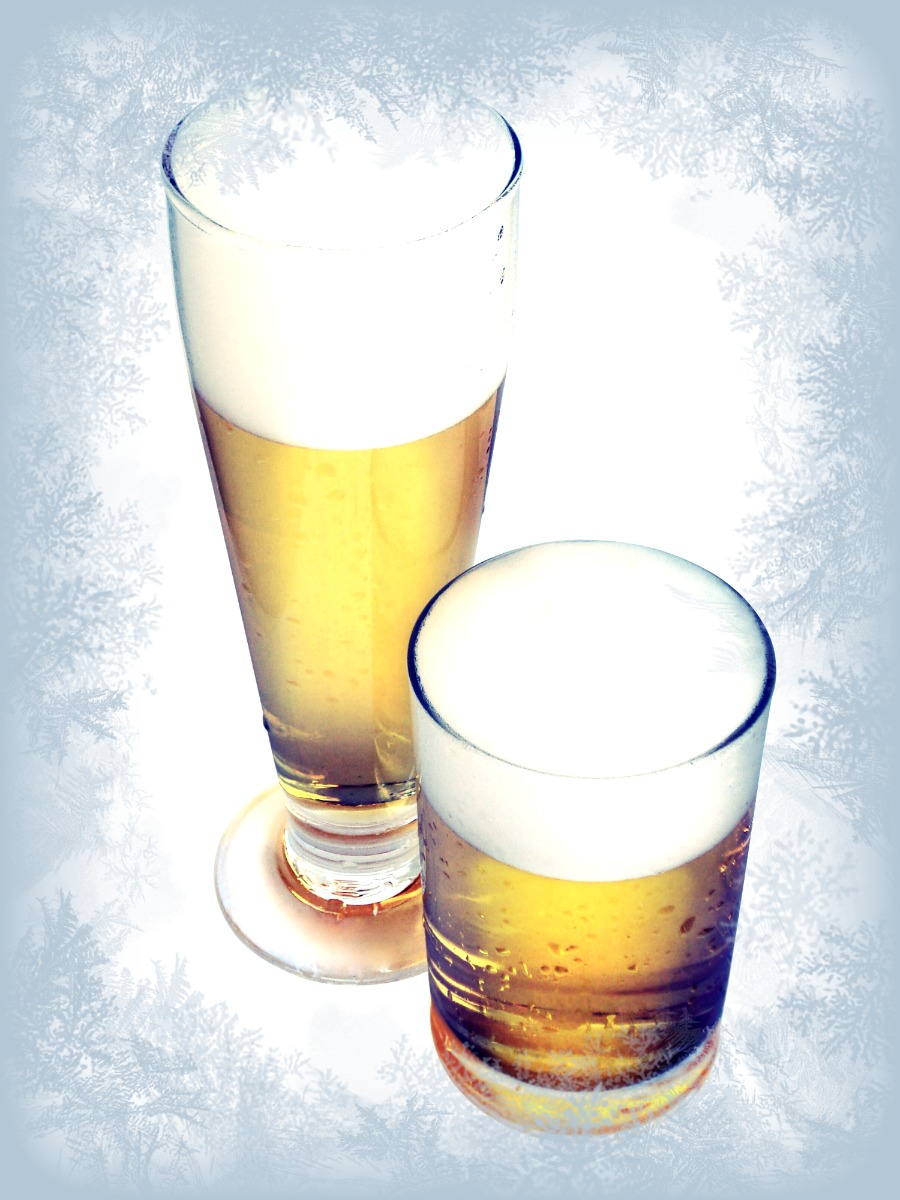December is a time of merry-making…and when people make decisions (or don’t make decisions and just “what happens happen”, which is a sort of passive decision) about drinking.
If, when, and how much.
Drinking…how do you make your decisions about drinking?
I was called the other day to do an interview about how to talk to adolescents…those just nearing drinking age….about making good choices about alcohol. The timing didn’t work out, so someone else did the interview, but it did get me to thinking about the topic.
You see, for someone like me, this isn’t just about drunk driving.
The effects of alcohol reach far beyond accidents related to driving under the influence.
That’s part of it for certain. Jack Tobin was fooling around with friends last year and pinned his best friend under the car while under the influence. He describes life now as a “nightmare from which you will never wake up”.
Let me tell you a little bit about the inappropriate use of alcohol. It affects lives–the life of the drinker, those around the drinker, and generations that follow.
- Alcohol is a depressant. It depresses pain…which can seem like a good thing, but it stops people from feeling what needs to be felt and processed. People get stuck because they don’t deal with life issues.
- It depresses inhibitions which can seem like a good thing for a person who is shy with a new date or at a party…but it suppresses good judgment too. I’ve talked with many who like a glass or two to start opening up to their spouse, or to be able to be intimate…but things can spiral into fighting and ugliness quickly.
- People can do things under the influence of alcohol that they would never do sober. Sleeping with a co-worker, slapping your child, mouthing off to your mother. You may apologize later, but you “can’t unring the bell” and everyone lives with the consequences for a lifetime.
- When people become attached to alcohol, they become detached from people. Alcohol creates disconnection. Even “happy drunks” or “sleepy drunks” who seem to do less harm aren’t available to their children or their spouses in ways that are significant. There is a field of literature and help for Adult Children of Alcoholics. Children who grew up in a family where alcohol was misused tend to share common characteristics and struggle with some of the same issues. Many, who come to us as adults with struggles inside themselves or with the close relationships in their lives. have grown up with alcoholism in their family.
Generally, we at Bergen and Associates Counselling get a larger number of calls in January for counselling than other months. This is for a variety of reasons, but one of them is that there are more than the usual number of opportunities during the holidays to drink alcohol, and that creates situations which need to be worked through, brings back memories that require processing, and creates conflict and grief for any number of reasons.

So…how do we teach our children the responsible use of alcohol?
- Model appropriate use of alcohol. Things like drinking, smoking, further education, treating others with respect—areas of life that are values based—this stuff is better
‘caught than taught”. Children are more likely to remember what you do than what you say on the topic. Admit your mistakes when you make them, and let your children learn from your experience. - Talk about the issues as they arise. When alcohol related incidents are reported in the media, use it as an opportunity to have a discussion. Have children develop a wisdom on the dangers of the misuse of alcohol long before they are at a stage where peers will pressure them to be hip/cool/rad/sick.
- Recognize that putting up absolutes as a “brick wall” just invites a child to get a ladder and climb over in defiance. To expect offspring to be teetotalers until their 30’s likely isn’t realistic. Rather, invite a child to responsibility after you have discussed together what responsibility is, what it looks like, what the child aspires to, and what sort of behavior needs to happen for the child to feel good about themselves. Many children look for a way to get around a rule they feel forced upon them, but rise to the occasion to be honorable when invited and given an opportunity.
- Allow for measured mistakes. A friend of mine had money tucked underneath the cookie jar on top of the fridge. It was there for one purpose only…she told her children that she hoped they would make wise choices about alcohol and the whole party scene…but if they ever felt uncomfortable at a party and had no way home, or the friend that had brought them was drunk and it wasn’t safe to get in the car, they were to call a taxi and pay the cab driver with the money under the cookie jar. They were asked to notify their mother for the sole purpose of replacing the funds No questions asked (this was after many conversations over the years to invite them to responsibility). She gave them an “out” to get home safely if they got in over their heads…an out that they could feel safe to use. To my knowledge the original money stayed there for years. Kids can make mistakes…and learn from those mistakes…they need to be allowed to make mistakes at a level that is tolerable.
Here’s a toast to responsible drinking this Christmas season!






Write a Comment